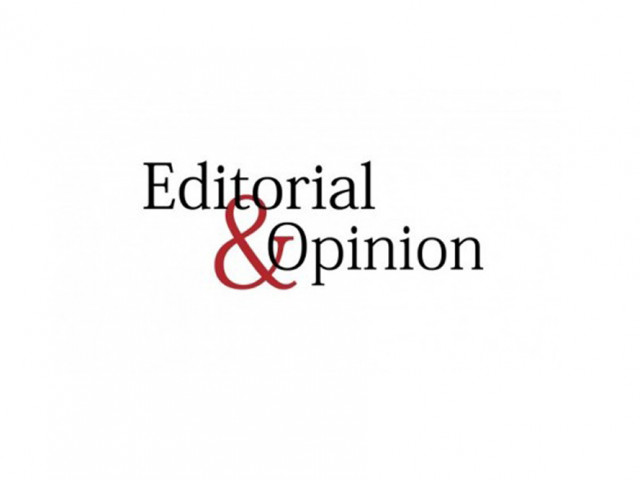A tool of suppression
.

Laws are meant to be scrutinised - especially when they begin to encroach upon the very freedoms they are supposed to protect. The Human Rights Commission of Pakistan's latest report on the PECA Act 2025 offers a much-needed critical lens on a law that has become a potent tool of suppression rather than protection.
PECA, in its current form and through its iterations since 2016, has consistently empowered the state at the expense of individual liberties. Its criminalisation of vague categories such as "fake and false information" — punishable by up to three-year imprisonment — opens the door to arbitrary interpretation and misuse.
Instead of combating genuine cybercrime, the law has increasingly been wielded to stifle dissent and as a muzzling tactic. This is not an isolated case. PECA is part of a growing pattern of repressive legal frameworks that aim to curtail civic spaces in Pakistan. Additionally, PECA introduces a regulatory authority, complaints council and tribunal — all operating under considerable executive influence. While oversight is necessary in any legal process, the concentration of power in a few hands raises concerns about fairness and impartiality. Such laws tend to erode the foundations of democracy by criminalising criticism and silencing voices.
The HRCP's call for the law's repeal is both timely and necessary. It is a reminder that no law should be above public scrutiny — especially one that so deeply affects the fundamental rights of citizens. Rather than discarding the law altogether, a more balanced approach could involve revisiting and refining PECA. Clearer definitions and better oversight mechanisms would go a long way in aligning the law with its original intent. Constructive reform, grounded in consultation with civil society, may be the best way forward.















COMMENTS
Comments are moderated and generally will be posted if they are on-topic and not abusive.
For more information, please see our Comments FAQ